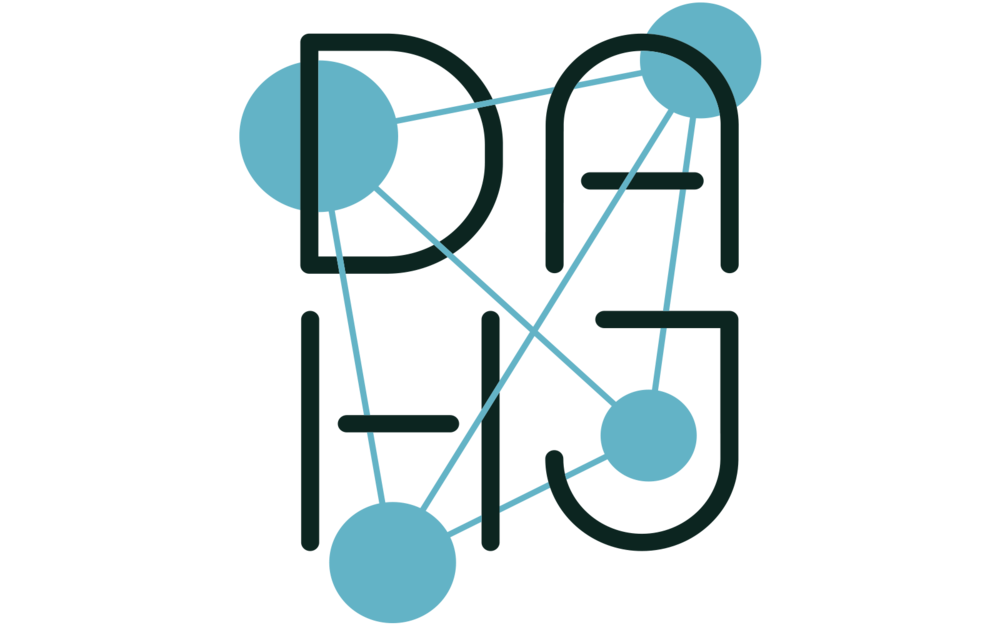Abstract
Catalogues raisonnés have long determined the artistic relevance, authenticity, and market value of an artist’s work. While catalogue raisonné publishers and authors have grappled for decades with the challenges and opportunities of digital formats, conventions around scholarly authority have set boundaries for exploring a more expansive view of the catalogue raisonné as generative digital scholarship. In the case of digital scholarly publishing, how might we consider analog and digital formats not as a convergence of but rather a divergence from a broader transformation of these important resources? This paper explores how taking the catalogue raisonné as generative digital scholarship imbues old structures with new meaning, wherein the chronology of historical events can change shape across time. Furthermore, by embedding processes of verifiability, evidence, and transparency—key principles for supporting a generative scholarly ecosystem—the digital catalogue raisonné allows for a diversity of voices and thoughts in dialogue. With revisionist histories and technical information on artists and artworks in continuous flux, the generative catalogue raisonné model is an opportunity to rethink the past by considering how to construct narratives in the historical present.
DOI: https://doi.org/10.11588/dahj.2023.9.95286
AuthorS
Liz Neely
is the Curator of Digital Experience at the Georgia O’Keeffe Museum where she leads efforts to publish the art, historic home, and archives collections as linked data and as Collections Online. She has produced the digital publications Exhibiting O’Keeffe: The Making of an American Modernist and Josephine Halvorson as well as the short film Following Enchantment’s Line directed by Steven J. Yazzie (Diné/Laguna Pueblo/Anglo). Neely curated the Museum’s first immersive exhibition, Seeing Beyond/Ver más allá in 2019 and went on to collaborate with the entertainment company Electric Playhouse to produce an interactive immersive exhibition in Albuquerque, N.M.
Neely has held previous positions at the Art Institute of Chicago, the Harwood Museum of Art, and the American Alliance of Museums. She has served on the boards of MCN, The Paseo Taos, and NMC. She has an M.B.A. from Northwestern’s Kellogg School of Management.
Emily Leon
is the Digital Projects & Metadata Specialist at the Visual Resources Center in Williams College Art Department. Before arriving at Williams, she was the Curatorial Research Associate at The Georgia O’Keeffe Museum and a Digital Humanities & Indexing Fellow with the Posen Library of Jewish Culture and Civilization.

